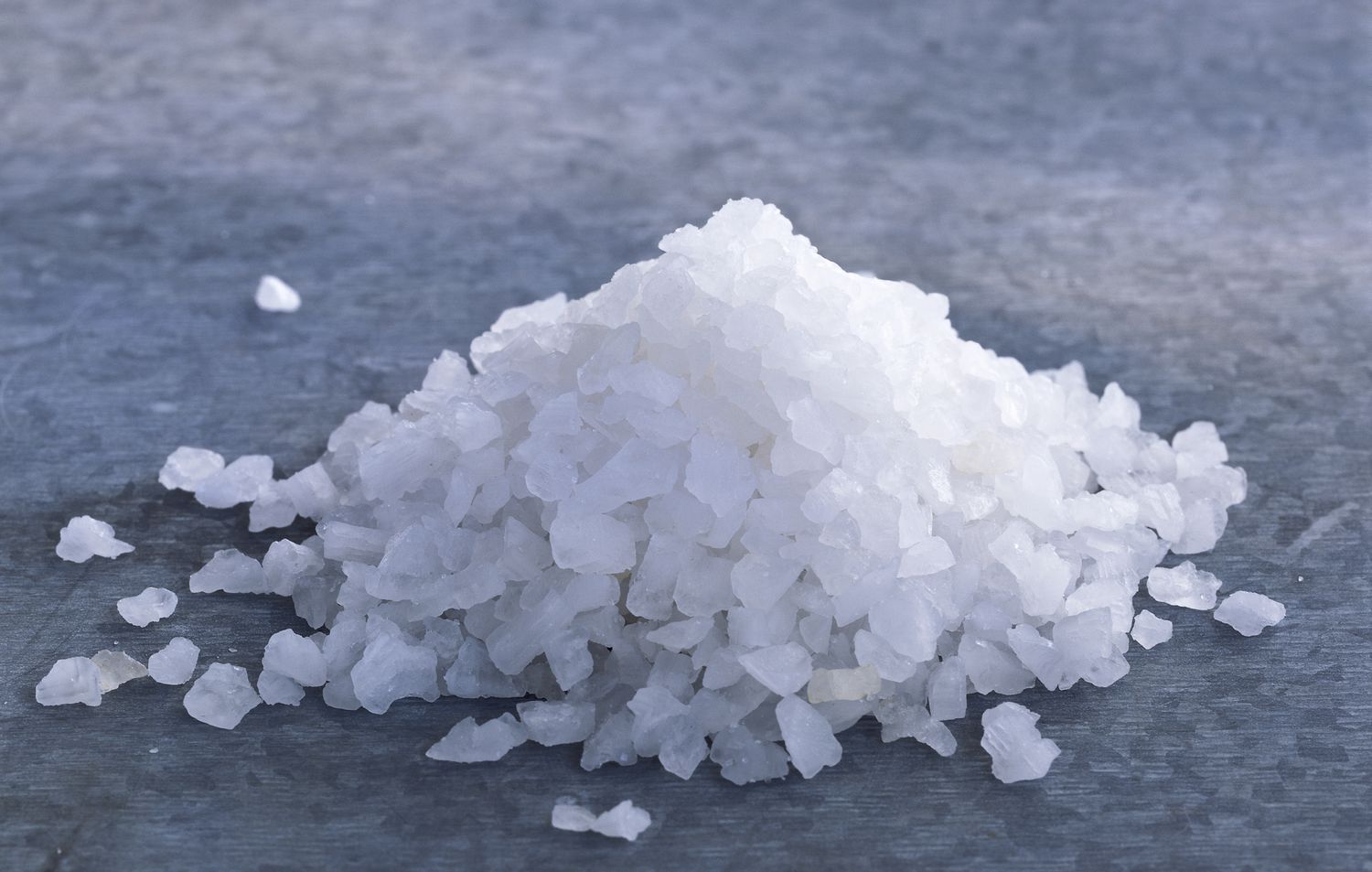
Sodium, a silvery-white metal, is a superstar in the world of chemistry. Found in table salt, it plays a crucial role in our daily lives. But what makes sodium so special? This element, with the symbol Na, is essential for maintaining fluid balance and nerve function in our bodies. It's highly reactive, especially with water, creating a fizzing spectacle. Sodium is abundant in the Earth's crust and oceans, making it a key player in various industries, from glass production to soap making. Despite its benefits, too much sodium in our diet can lead to health issues like high blood pressure. Understanding sodium's properties and uses helps us appreciate its importance in both science and everyday life. Whether it's in your kitchen or a laboratory, sodium's impact is undeniable. Let's dive into 23 intriguing facts about this fascinating element!
What is Sodium?
Sodium is a shiny, soft metal that plays a crucial role in our daily lives. It's not just the stuff in your salt shaker; sodium is essential for many bodily functions and is found in various forms throughout nature.
-
Sodium is a Metal: Despite being a key component of table salt, sodium is actually a metal. It's soft enough to cut with a knife and has a shiny, silvery appearance.
-
Highly Reactive: Sodium is highly reactive, especially with water. When it comes into contact with water, it can produce hydrogen gas and heat, sometimes even causing an explosion.
-
Essential for Life: Sodium is vital for maintaining fluid balance, nerve function, and muscle contractions in the human body. Without it, our bodies wouldn't function properly.
-
Discovered in 1807: Sir Humphry Davy discovered sodium in 1807 by using electrolysis on molten sodium hydroxide.
-
Abundant in Earth's Crust: Sodium is the sixth most abundant element in the Earth's crust, making up about 2.6% of it.
Where is Sodium Found?
Sodium is all around us, not just in the kitchen. It exists in various forms and locations, from the ocean to outer space.
-
Ocean's Salt: The vast majority of sodium on Earth is found in the ocean. It's a major component of seawater, giving it that salty taste.
-
Sodium Chloride: Common table salt is sodium chloride, a compound made of sodium and chlorine. It's used in cooking and food preservation.
-
Sodium in Space: Sodium is present in the atmosphere of some stars and has even been detected in the interstellar medium.
-
Minerals: Sodium is found in minerals like halite, also known as rock salt, and soda ash.
-
Human Body: The human body contains about 92 grams of sodium, mostly in the blood and extracellular fluids.
How is Sodium Used?
Sodium has a wide range of uses, from industrial applications to everyday household products.
-
Industrial Uses: Sodium is used in the production of glass, paper, textiles, and soaps. It's also a key component in the manufacturing of chemicals.
-
Sodium Vapor Lamps: These lamps, often used for street lighting, emit a bright yellow light and are highly efficient.
-
Food Preservation: Sodium compounds, like sodium nitrate and sodium benzoate, are used to preserve food and enhance flavor.
-
Medicine: Sodium bicarbonate, or baking soda, is used as an antacid to treat heartburn and indigestion.
-
Water Softening: Sodium compounds help soften hard water by replacing calcium and magnesium ions.
Interesting Facts About Sodium
Sodium has some surprising and fascinating characteristics that make it unique.
-
Flammable: Sodium can catch fire spontaneously in air due to its high reactivity.
-
Sodium Ions: These ions are crucial for transmitting nerve impulses in the body, allowing us to move and react.
-
Sodium's Role in Weather: Sodium compounds in the atmosphere can influence weather patterns and cloud formation.
-
Sodium and Taste: Sodium enhances the flavor of food, which is why it's a common ingredient in many dishes.
-
Sodium's Atomic Number: Sodium has the atomic number 11 on the periodic table, symbolized as Na from its Latin name, Natrium.
Health and Sodium
While sodium is essential, too much of it can lead to health issues. It's important to understand its impact on our bodies.
-
Recommended Intake: The recommended daily intake of sodium for adults is about 2,300 milligrams, roughly one teaspoon of salt.
-
High Blood Pressure: Excessive sodium intake can lead to high blood pressure, increasing the risk of heart disease and stroke.
-
Sodium Deficiency: A lack of sodium, known as hyponatremia, can cause symptoms like headaches, confusion, and fatigue.
Sodium's Surprising Role in Our World
Sodium's more than just a table salt ingredient. This element plays a crucial role in our bodies, helping maintain fluid balance and nerve function. Without it, muscles wouldn't contract properly, and nerves wouldn't send signals effectively. Beyond health, sodium's vital in industries, from glass-making to soap production. Its compounds, like sodium bicarbonate, are household staples for baking and cleaning. Yet, too much sodium in diets can lead to health issues like high blood pressure. Moderation's key. Understanding sodium's role helps us appreciate its importance and manage its intake wisely. Whether in a lab, kitchen, or our bodies, sodium's influence is undeniable. Next time you sprinkle salt, remember the fascinating facts behind this essential element. It's a small part of daily life with a big impact, shaping everything from our health to the products we use every day.
Was this page helpful?
Our commitment to delivering trustworthy and engaging content is at the heart of what we do. Each fact on our site is contributed by real users like you, bringing a wealth of diverse insights and information. To ensure the highest standards of accuracy and reliability, our dedicated editors meticulously review each submission. This process guarantees that the facts we share are not only fascinating but also credible. Trust in our commitment to quality and authenticity as you explore and learn with us.


